

Articles
How To Store Baked Potatoes
Modified: May 6, 2024
Learn the best methods for storing baked potatoes in this informative article. Discover tips and tricks to keep your potatoes fresh and delicious for longer.
(Many of the links in this article redirect to a specific reviewed product. Your purchase of these products through affiliate links helps to generate commission for Storables.com, at no extra cost. Learn more)
Introduction
As a potato lover, there is nothing quite as satisfying as indulging in a perfectly baked potato. Whether you enjoy them with a dollop of sour cream and chives, loaded with melted cheese and crispy bacon, or simply seasoned with a sprinkle of salt and pepper, baked potatoes are a versatile and delicious comfort food. But what do you do when you find yourself with leftover baked potatoes?
Storing baked potatoes is a great way to ensure that you can enjoy their delectable taste and texture for future meals. Not only does it save you time and effort in preparing potatoes from scratch, but it also allows you to minimize food waste and make the most of your culinary creations.
In this article, we will explore different methods of storing baked potatoes to help you preserve their flavor and freshness. By following these guidelines, you can have tender and flavorful potatoes at your fingertips whenever you need them.
Key Takeaways:
- Store baked potatoes to save time, reduce food waste, and enhance flavor. Choose starchy potatoes, cool them completely, and wrap individually for optimal preservation. Enjoy convenience and cost savings with proper storage methods.
- Whether at room temperature, in the refrigerator, or freezer, reheating baked potatoes can revive their deliciousness. Use the oven for crispy skin, microwave for quick results, or air fryer for a crispy exterior. Add moisture and favorite toppings for a delightful experience.
Read more: How To Store Baked Potatoes In The Fridge
Why Store Baked Potatoes?
There are several reasons why you might want to store baked potatoes instead of consuming them all in one sitting. Let’s take a look at some of the benefits:
- Convenience: By storing baked potatoes, you can have a ready-made side dish or base for various meals without the need for extensive preparation. This is particularly useful when you have a busy schedule and limited time to cook.
- Meal Planning: Storing baked potatoes allows you to incorporate them into your meal planning. You can use them as a base for hash browns, potato pancakes, or cheesy potato casseroles. Having them on hand makes it easier to create a variety of dishes without starting from scratch.
- Reduced Food Waste: By storing baked potatoes, you can avoid wasting leftovers and reduce food waste. Instead of throwing away unused potatoes, you can repurpose them for future meals, minimizing your impact on the environment.
- Cost Savings: Buying potatoes in bulk and baking them in larger batches can be more cost-effective than purchasing pre-packaged convenience foods. Storing baked potatoes allows you to take advantage of sales or discounts on potatoes, helping you save money in the long run.
- Flavor Enhancement: Believe it or not, storing baked potatoes can actually enhance their flavor. As the potatoes cool and rest, the flavors become more concentrated, resulting in a richer and more enjoyable taste when reheated.
Now that we understand the benefits of storing baked potatoes, let’s explore the best practices for selecting the right potatoes for storage and preparing them for optimal preservation.
Choosing the Right Potatoes for Storage
When it comes to storing baked potatoes, choosing the right type of potatoes is crucial. Not all potatoes are suitable for long-term storage, so it’s important to select the varieties that will maintain their texture and flavor over time. Here are a few tips to help you choose the right potatoes for storage:
- Starchy Potatoes: Starchy potatoes, such as Russet or Idaho potatoes, are best for baking and storing. These potatoes have a high starch content and a dry, fluffy texture when cooked, making them ideal for storing and reheating.
- Avoid Waxy Potatoes: Waxy potatoes, like red or new potatoes, have a lower starch content and a higher moisture content. While they are great for boiling or roasting, they tend to become grainy or mushy when stored and reheated.
- Select Firm Potatoes: When choosing potatoes for storage, make sure they are firm and free from any soft spots, blemishes, or green patches. Potatoes with imperfections are more prone to spoilage and won’t store as well.
- Size Matters: Opt for medium-sized potatoes for baking and storing. Larger potatoes take longer to bake and may not heat evenly when reheated. Smaller potatoes may dry out too quickly when stored.
- Organic versus Conventional: If possible, choose organic potatoes for storage as they are less likely to be treated with sprout-inhibiting chemicals. However, conventional potatoes can still be stored successfully if stored properly.
By selecting the right potatoes, you can ensure that your stored baked potatoes retain their quality and taste. Now that we’ve covered the basics of choosing the right potatoes for storage, let’s move on to preparing the baked potatoes for optimal preservation.
Preparing the Baked Potatoes for Storage
Before storing your baked potatoes, it’s important to properly prepare them to ensure they stay fresh and maintain their quality. Here are some steps to follow when preparing your baked potatoes for storage:
- Cooling: Allow the baked potatoes to cool completely at room temperature. This process helps to prevent the development of bacteria and ensures that the potatoes retain their texture when reheated.
- Remove Toppings: If your baked potatoes are loaded with toppings like cheese, sour cream, or bacon, remove them before storing. These toppings can become soggy and compromise the quality of the stored potatoes.
- Wrap Individually: Wrap each baked potato individually in aluminum foil or plastic wrap. This step helps to keep them moist and prevents them from drying out in storage.
- Label and Date: It’s a good practice to label and date each wrapped baked potato. This way, you can easily identify them and keep track of their freshness.
- Storage Containers: Place the individually wrapped baked potatoes in airtight containers or freezer bags. This provides an additional layer of protection against moisture and helps to prevent the potatoes from absorbing odors in the fridge or freezer.
- Choose Storage Location: Depending on your preference and the duration of storage, you can choose to store the prepared baked potatoes at room temperature, in the refrigerator, or in the freezer. Each method has its own benefits and considerations, which we’ll discuss in more detail in the next sections.
By following these preparation steps, your baked potatoes will be ready for storage and will have a better chance of staying fresh and flavorful. In the next sections, we will explore the different methods of storing baked potatoes, including storing at room temperature, in the refrigerator, and in the freezer.
Storing Baked Potatoes at Room Temperature
Storing baked potatoes at room temperature is a convenient option if you plan to consume them within a day or two. Here are some guidelines to follow when storing baked potatoes at room temperature:
- Choose a Cool, Dry Location: Find a cool and dry area in your kitchen or pantry to store the baked potatoes. It should be away from direct sunlight, heat sources, and excess moisture. A pantry shelf or countertop works well for short-term storage.
- Airtight Container: Place the wrapped baked potatoes in an airtight container or sealable bag to protect them from air and moisture. This helps to prevent them from drying out or absorbing any odors from the surroundings.
- Check for Freshness: Regularly check the stored baked potatoes for any signs of spoilage, such as mold, sprouting, or unpleasant odor. Discard any potatoes that show these signs to prevent contamination of the remaining stored potatoes.
- Reheating: To enjoy the stored baked potatoes, simply remove them from storage, remove the foil or plastic wrap, and reheat them in the oven, microwave, or air fryer until heated through. You can add your favorite toppings and seasonings before serving.
It’s important to note that storing baked potatoes at room temperature is suitable for short-term storage only. If you plan to store them for a longer period, it’s recommended to store them in the refrigerator or freezer to maintain their quality and prevent any bacterial growth.
Next, we will explore how to store baked potatoes in the refrigerator, which provides a longer shelf life compared to room temperature storage.
After baking potatoes, let them cool completely before storing them in a paper bag or a perforated plastic bag in the refrigerator. This will help prevent moisture buildup and keep the potatoes from getting too soft or moldy.
Read more: How To Store Leftover Baked Potatoes
Storing Baked Potatoes in the Refrigerator
The refrigerator is a great option for storing baked potatoes if you want to extend their shelf life and keep them fresh for a few days. Here’s how you can store baked potatoes in the refrigerator:
- Cool Completely: After baking, allow the potatoes to cool completely at room temperature before placing them in the refrigerator. This helps to prevent condensation and maintain the texture of the potatoes.
- Remove Wrapping: Take off the foil or plastic wrap from the baked potatoes before storing them in the refrigerator. Leaving them wrapped can trap moisture, leading to a soft and soggy texture.
- Airtight Container: Place the unwrapped baked potatoes in an airtight container or resealable bag. This helps to maintain their freshness and prevents them from absorbing any odors from other food items in the refrigerator.
- Label and Date: It’s recommended to label the container or bag with the date of storage to keep track of their freshness. Consume the refrigerated baked potatoes within 3-5 days to ensure optimal taste and quality.
- Reheating: To enjoy the refrigerated baked potatoes, you can reheat them in the oven, microwave, or air fryer. Make sure to heat them thoroughly until they are heated through.
Storing baked potatoes in the refrigerator provides you with the flexibility to enjoy them as a quick side dish or incorporate them into various recipes during the week. However, if you have a surplus of baked potatoes or plan to store them for a longer period, freezing them is a preferred method. Let’s take a closer look at how to store baked potatoes in the freezer.
Storing Baked Potatoes in the Freezer
If you have an abundance of baked potatoes or want to store them for an extended period, freezing is the best method to maintain their quality. Here’s how you can store baked potatoes in the freezer:
- Cool Completely: Allow the baked potatoes to cool completely at room temperature before freezing. This ensures that they freeze evenly and retain their texture when thawed.
- Remove Wrapping: Unwrap the baked potatoes, removing any foil or plastic wrap. Leaving them wrapped can lead to excess moisture, which can result in a mushy texture when thawed.
- Flash-Freezing: For easier storage and convenience, consider flash-freezing the baked potatoes before placing them in a freezer bag. Arrange the potatoes in a single layer on a baking sheet or tray and place them in the freezer until frozen solid. This prevents them from sticking together in the bag.
- Transfer to Freezer Bag: Once the baked potatoes are flash-frozen, transfer them to a freezer bag. Squeeze out any excess air from the bag and seal it tightly to prevent freezer burn and maintain freshness.
- Label and Date: It’s important to label the freezer bag with the date of storage for easy identification. Baked potatoes can typically be stored in the freezer for up to 3 months.
- Thawing and Reheating: To thaw the frozen baked potatoes, transfer them from the freezer to the refrigerator and allow them to thaw overnight. Once thawed, you can reheat the potatoes in the oven, microwave, or air fryer until heated through.
Storing baked potatoes in the freezer provides the convenience of having a ready-made side dish or ingredient for future meals. Just remember to consume them within a few months for the best quality.
Now that you know how to store baked potatoes in different ways, let’s explore some tips for reheating stored baked potatoes to ensure they maintain their delicious flavor and texture.
Tips for Reheating Stored Baked Potatoes
To ensure that your stored baked potatoes taste as delicious as when they were freshly baked, follow these tips for reheating:
- Oven Reheating: For the best texture, reheating baked potatoes in the oven is recommended. Preheat the oven to 350°F (175°C), place the unwrapped potatoes on a baking sheet, and heat them for 15-20 minutes until they are heated through. This method helps to revive the crispy skin.
- Microwave Reheating: If you’re short on time, the microwave is a quick and convenient option. Place the unwrapped baked potato on a microwave-safe plate and heat it on high for 1-2 minutes, or until heated through. Be cautious not to overcook, as it can result in a rubbery texture.
- Air Fryer Reheating: An air fryer is another excellent option to reheat baked potatoes, providing a crispy exterior. Preheat the air fryer to 400°F (200°C), place the unwrapped potatoes in the basket, and cook for 5-7 minutes until heated through and the skin is crispy.
- Add Moisture: To prevent dryness during reheating, you can add a small pat of butter, a drizzle of olive oil, or a splash of broth or water to the baked potato before reheating. This helps to retain moisture and enhance the overall flavor.
- Toppings and Seasonings: Before serving, feel free to add your favorite toppings and seasonings to the reheated baked potato. Whether it’s sour cream, chives, cheese, or any other condiments, it will elevate the taste and make it even more enjoyable.
Remember, the reheating method may vary depending on the type of oven or microwave you have, so adjust the timing accordingly to achieve the desired result. It’s essential to check the internal temperature of the reheated potato before consuming to ensure it’s heated through.
With these reheating tips, you can enjoy the taste and satisfaction of freshly baked potatoes even when stored and reheated. Now, let’s conclude our discussion on storing baked potatoes.
Conclusion
Storing baked potatoes is a practical way to enjoy their deliciousness without the need for extensive preparation each time. Whether you want to save time, reduce food waste, or have a convenient side dish on hand, knowing the proper methods of storage is essential.
Choosing the right potatoes for storage, such as starchy varieties like Russet or Idaho, ensures that they maintain their texture and flavor when stored. Preparing the baked potatoes for storage by cooling them completely and wrapping them individually provides the best conditions for preservation.
When it comes to storage options, storing baked potatoes at room temperature is suitable for short-term use. However, for longer shelf life, the refrigerator is the preferred method. Wrapping the potatoes and placing them in an airtight container keeps them fresh for a few days.
Freezing baked potatoes allows you to store them for an extended period. Flash-freezing before transferring them to a freezer bag helps maintain their individuality and prevents sticking together. Thawing and reheating them properly in the oven, microwave, or air fryer revives their taste and texture.
Remember to check for any signs of spoilage before consuming the stored baked potatoes. It’s always best to discard any potatoes that show mold, sprouting, or an unpleasant odor to ensure food safety.
By following these storage and reheating tips, you can confidently store baked potatoes and enjoy their deliciousness whenever you desire. So, the next time you find yourself with an excess of baked potatoes, don’t let them go to waste—store them properly and savor their scrumptiousness in the days to come.
Now that you've mastered storing baked potatoes, consider expanding your expertise with our guide on optimal potato storage solutions to keep all your root vegetables fresh. If broader food preservation interests you, don't miss our insights on efficient food storage methods, ensuring all your groceries last longer and taste better. These articles are packed with practical advice to elevate your kitchen organization and meal prep efficiency.
Frequently Asked Questions about How To Store Baked Potatoes
Was this page helpful?
At Storables.com, we guarantee accurate and reliable information. Our content, validated by Expert Board Contributors, is crafted following stringent Editorial Policies. We're committed to providing you with well-researched, expert-backed insights for all your informational needs.

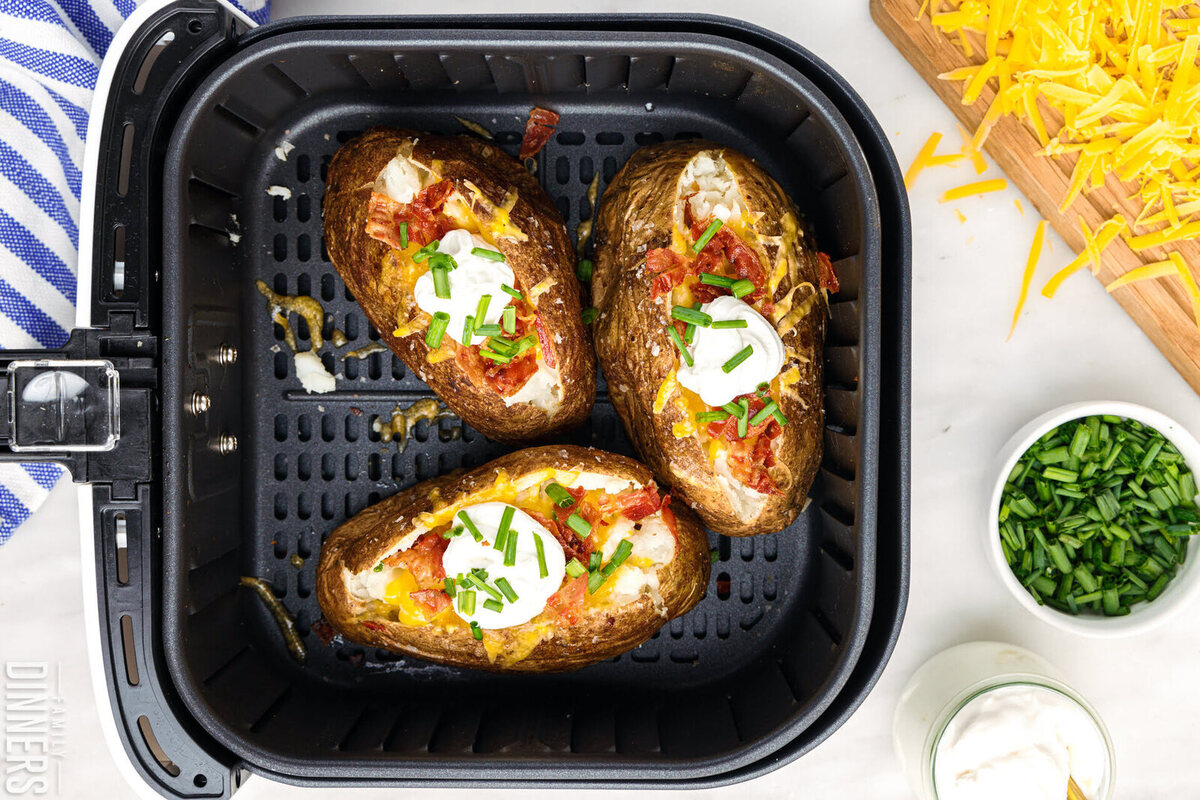
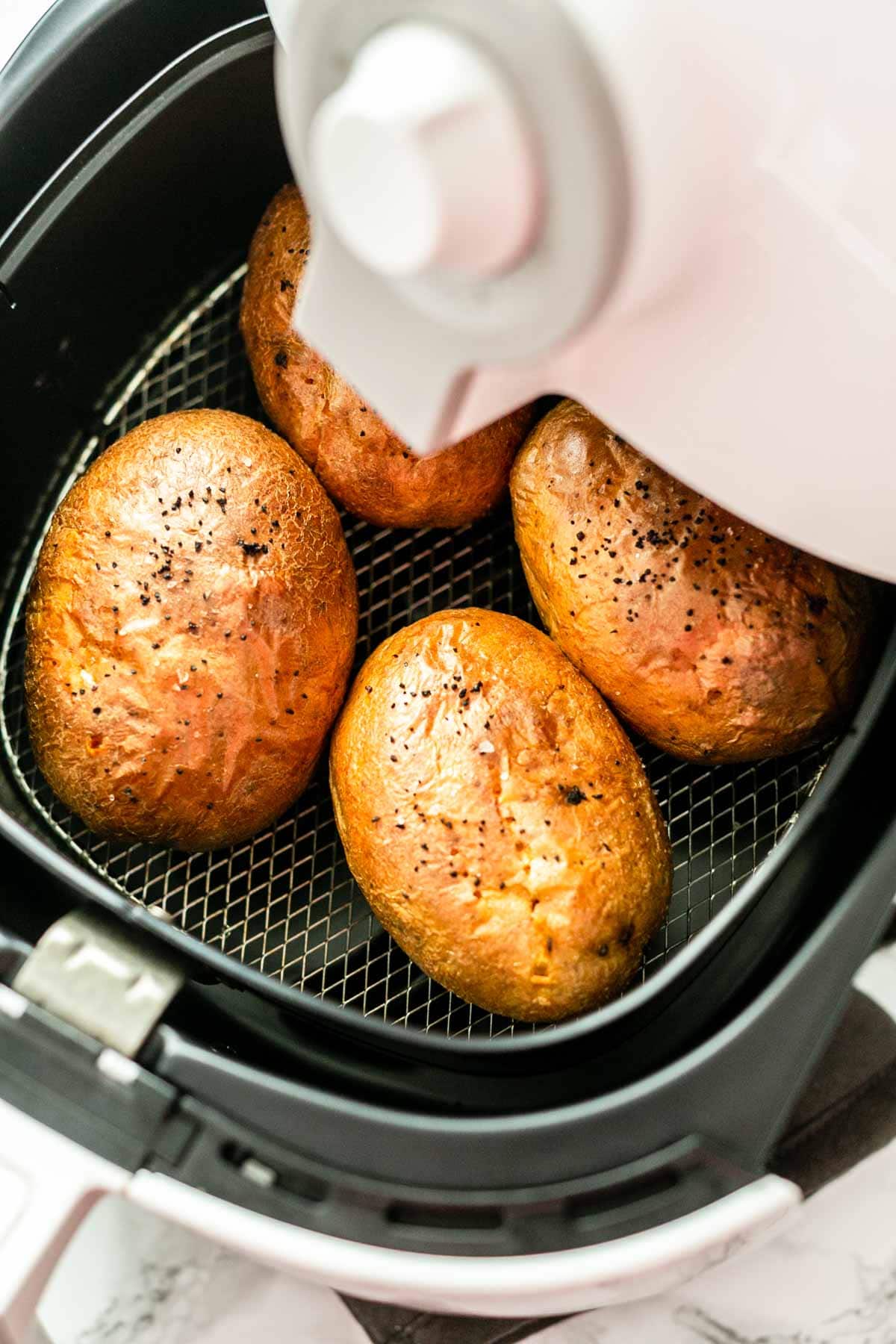
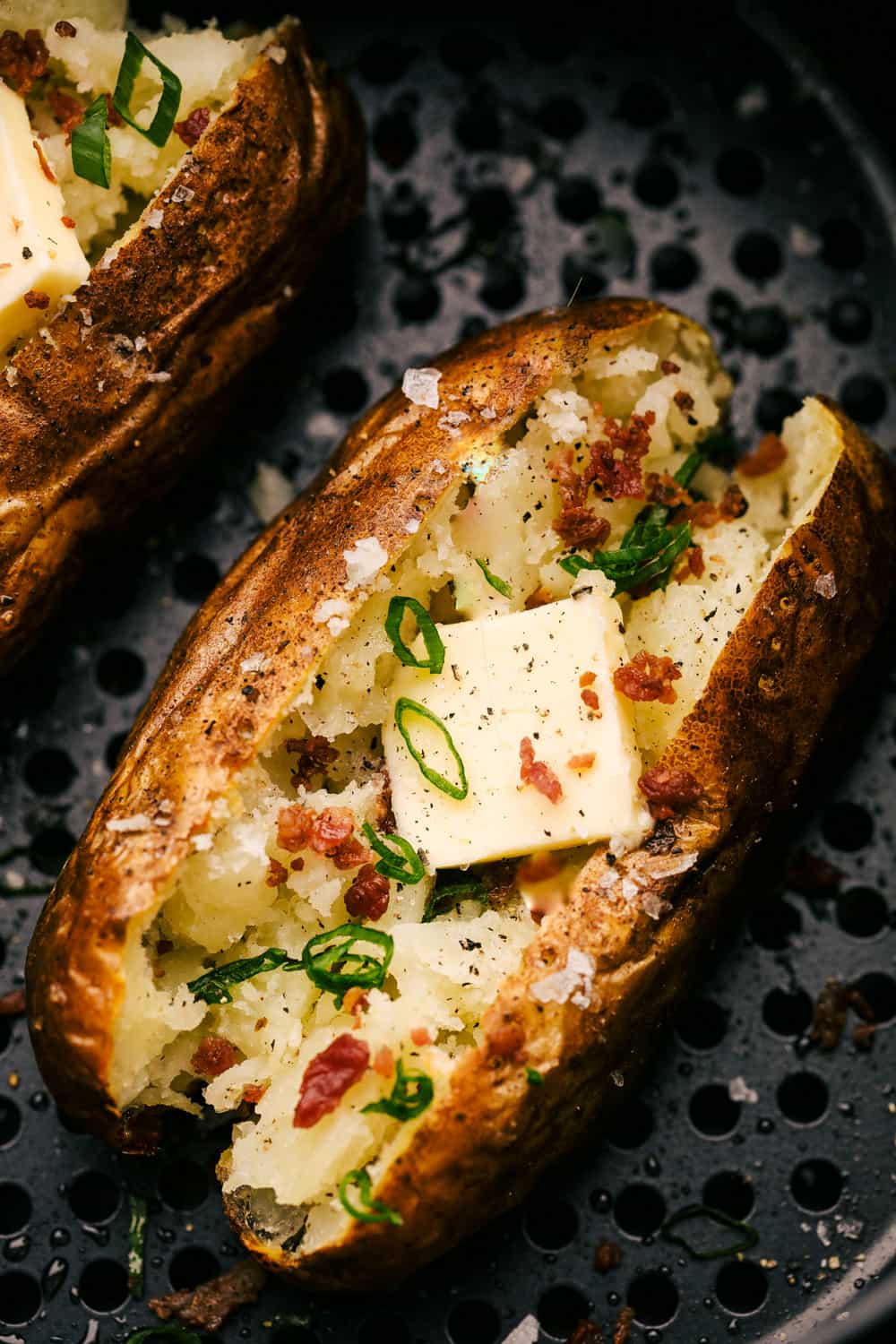
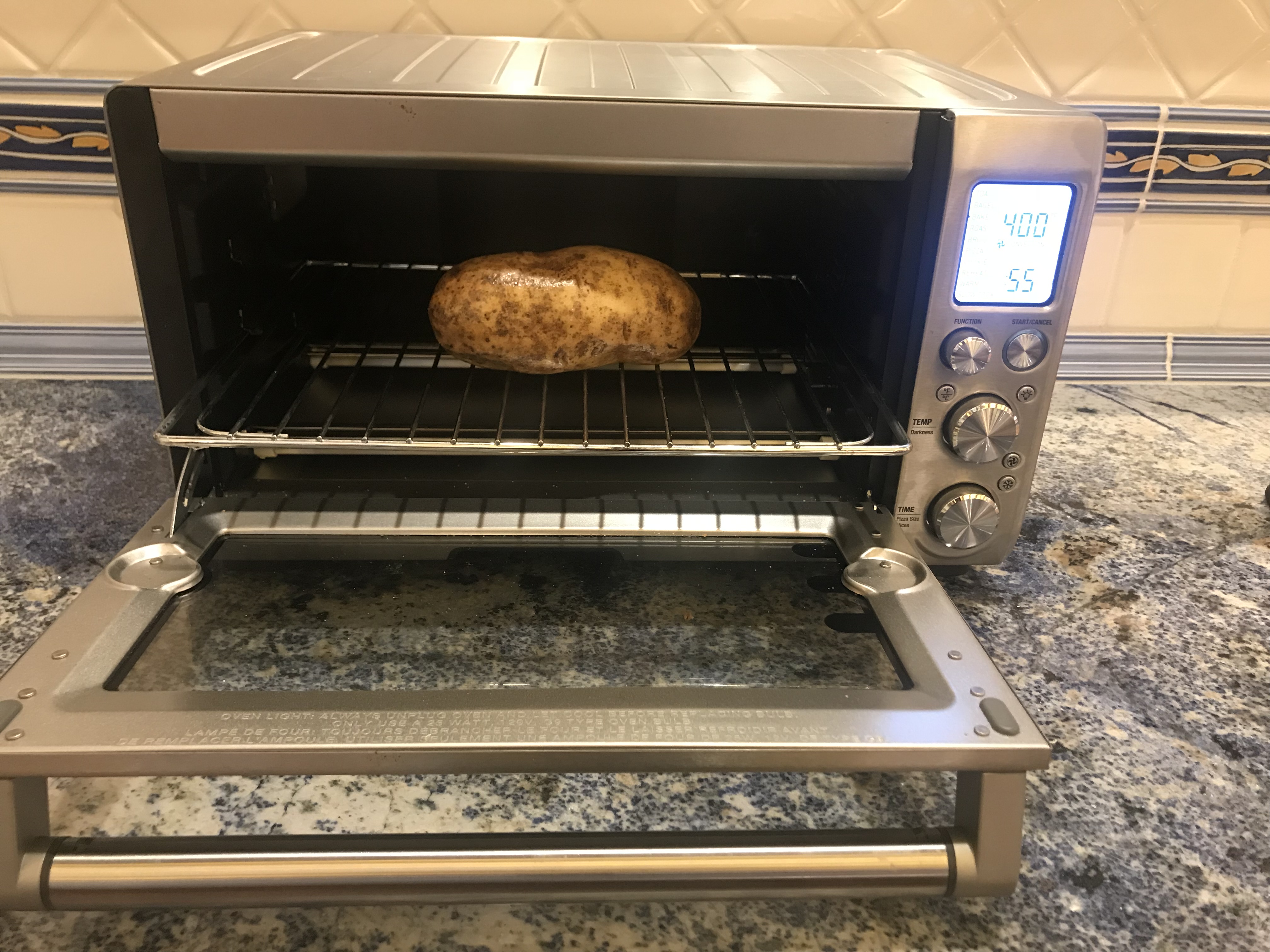
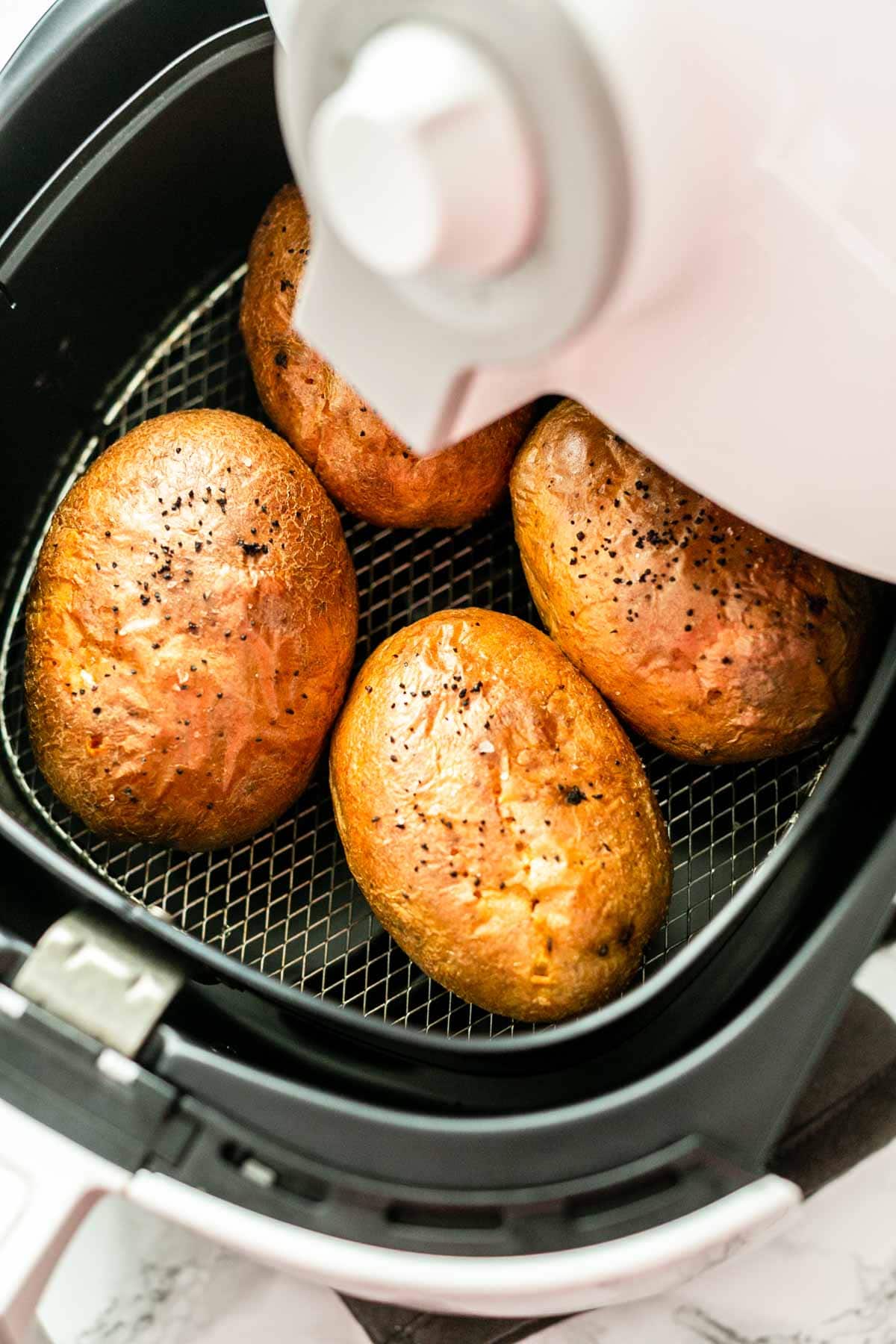
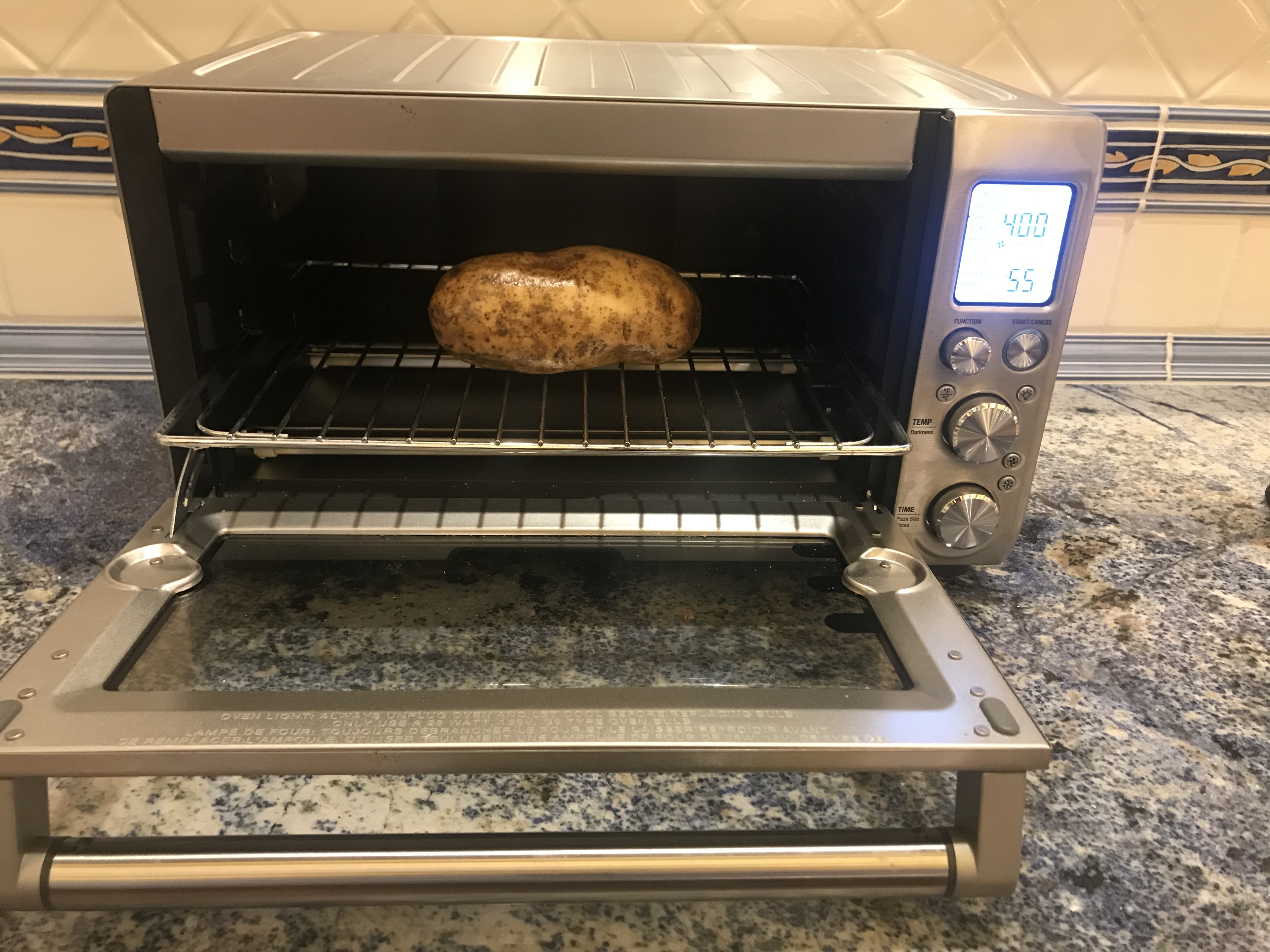
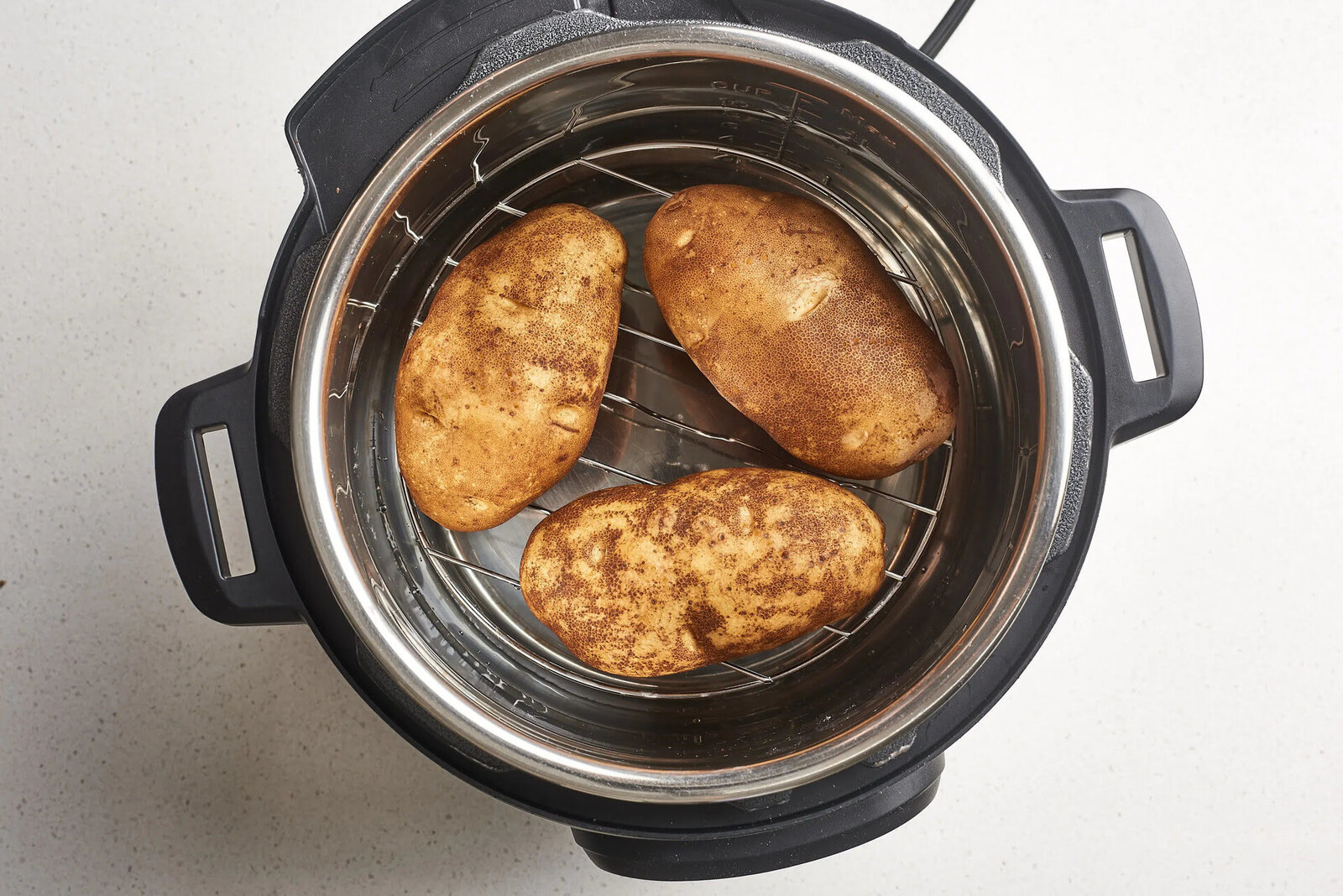
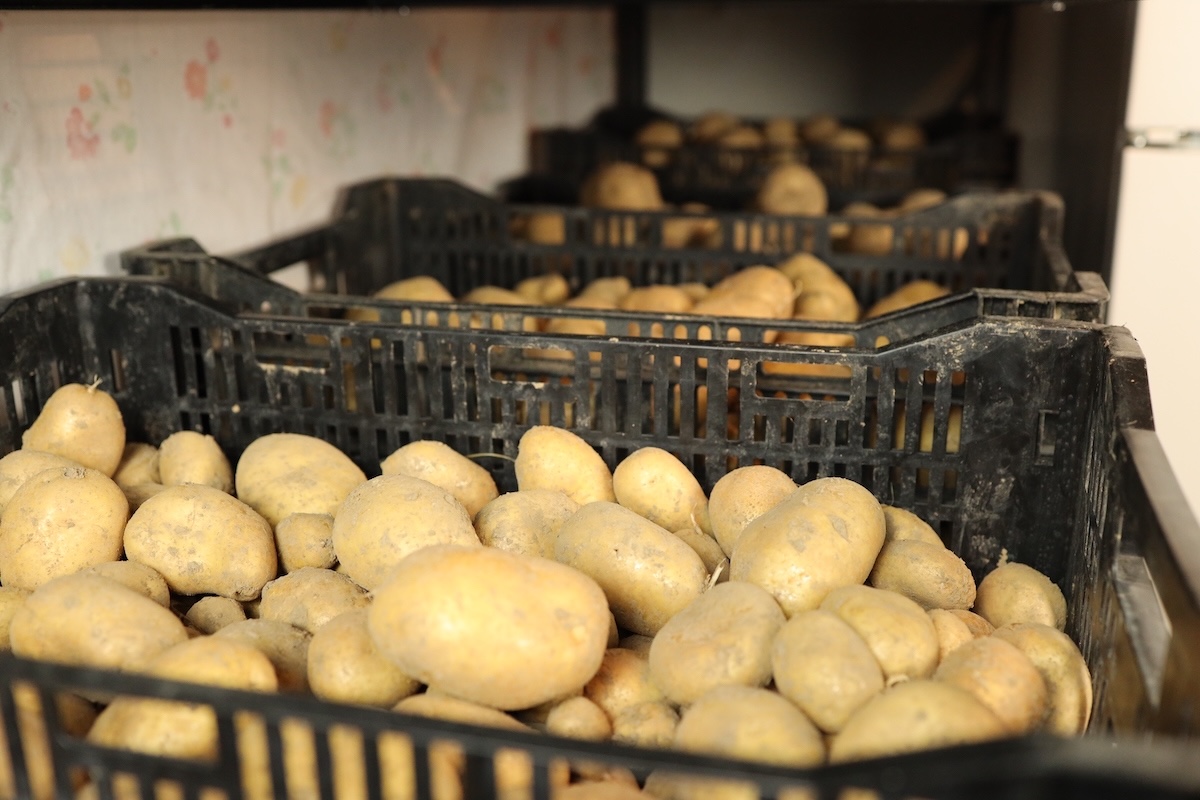
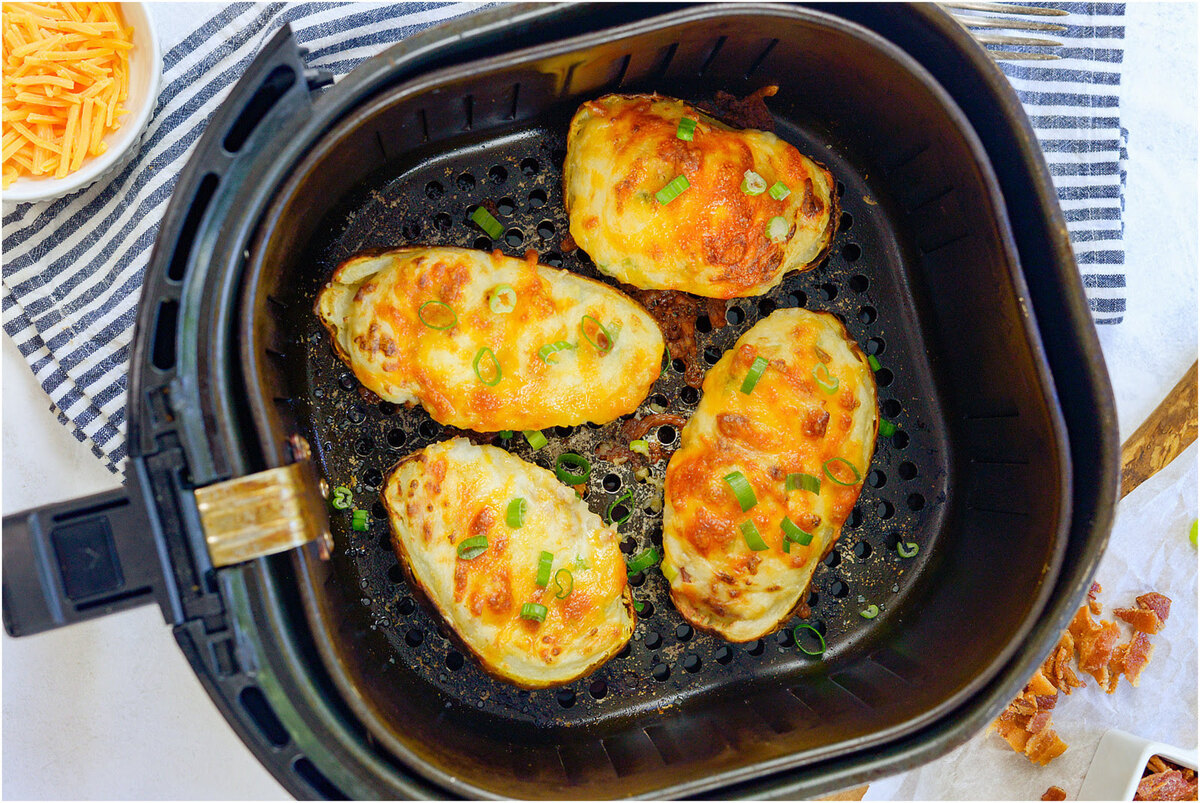
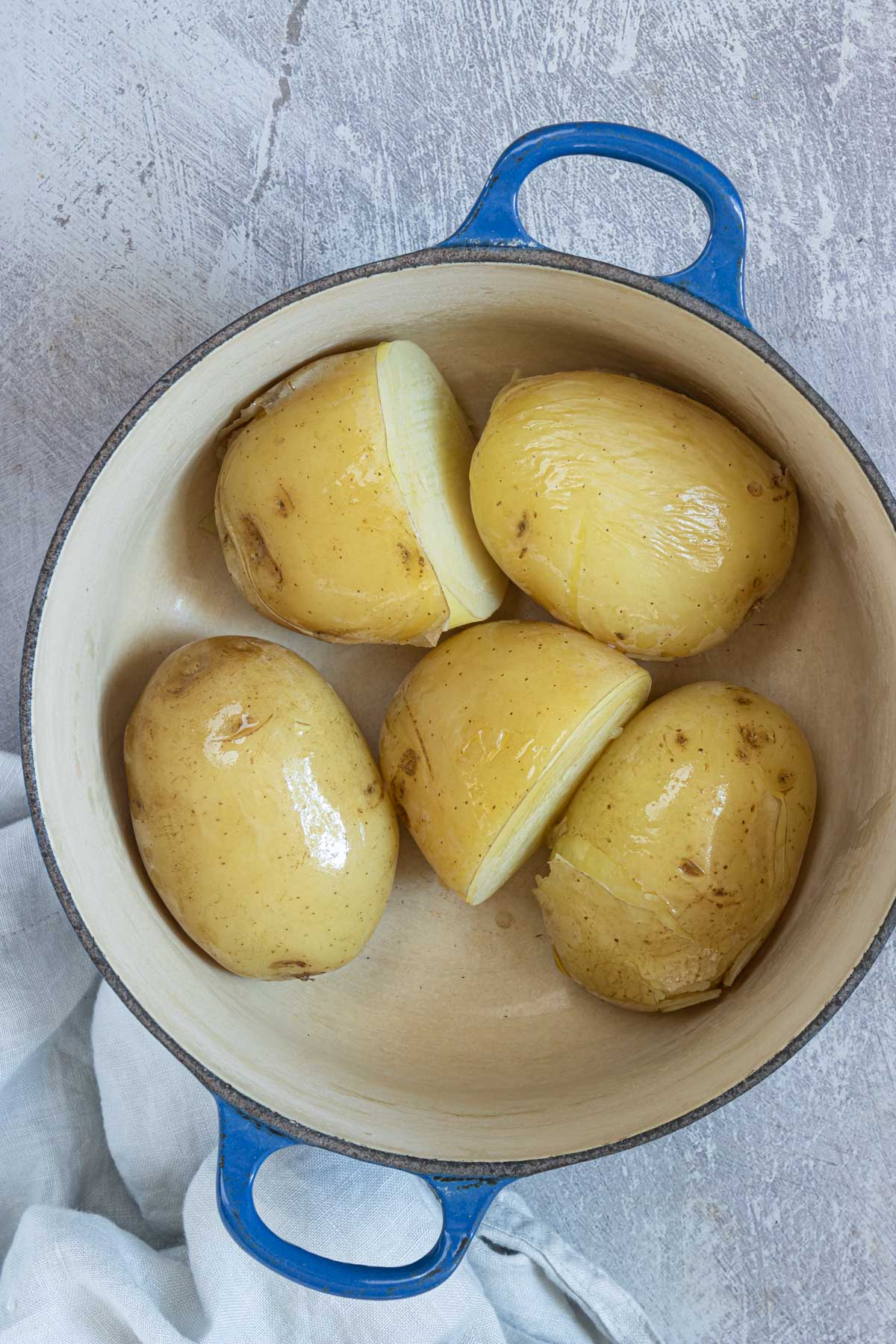


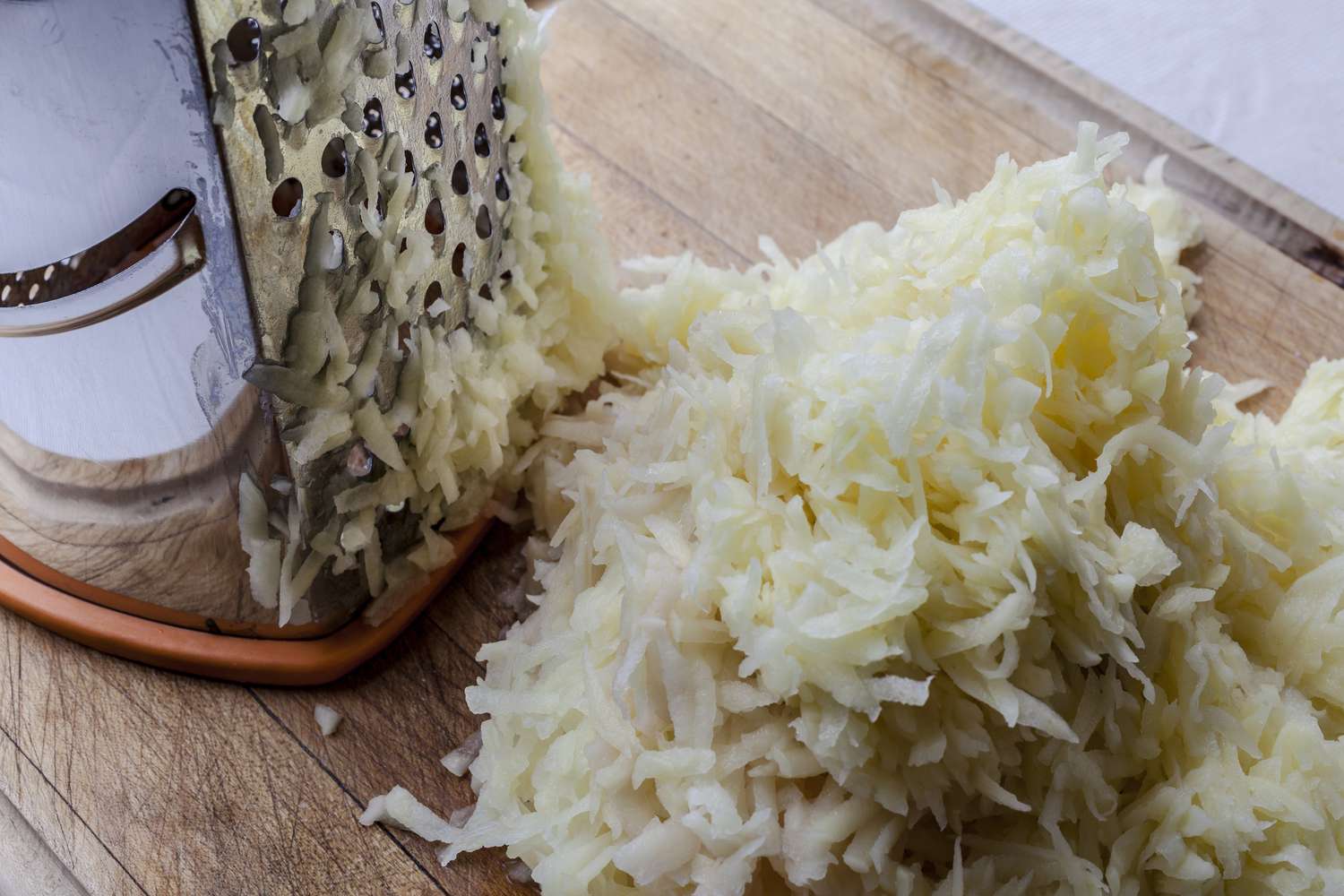

0 thoughts on “How To Store Baked Potatoes”